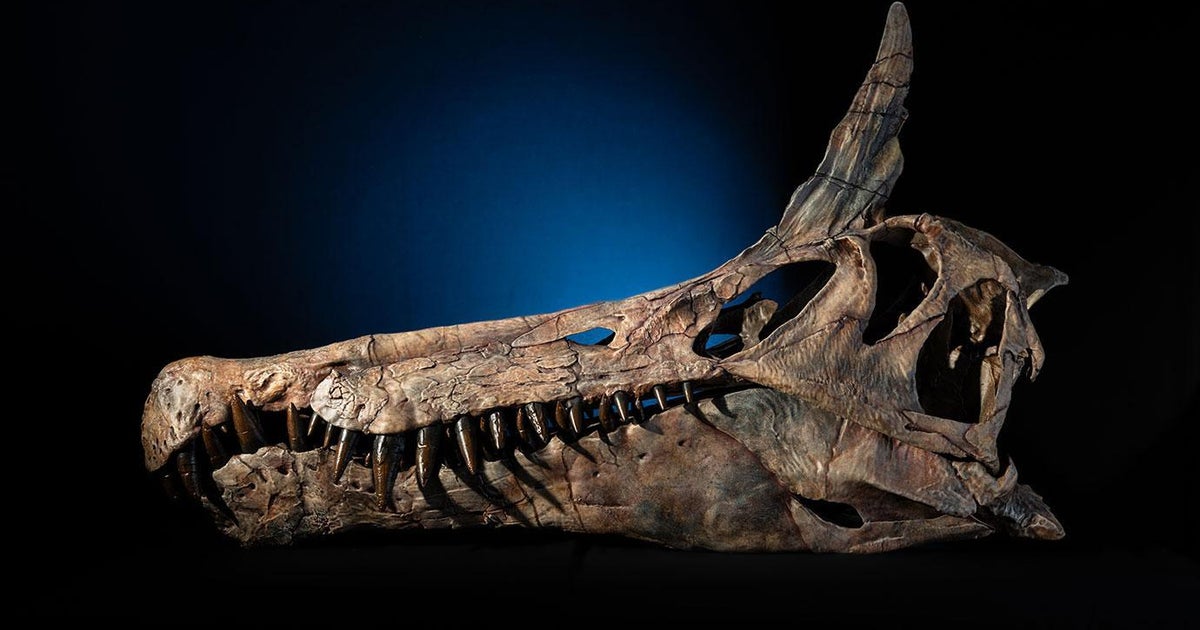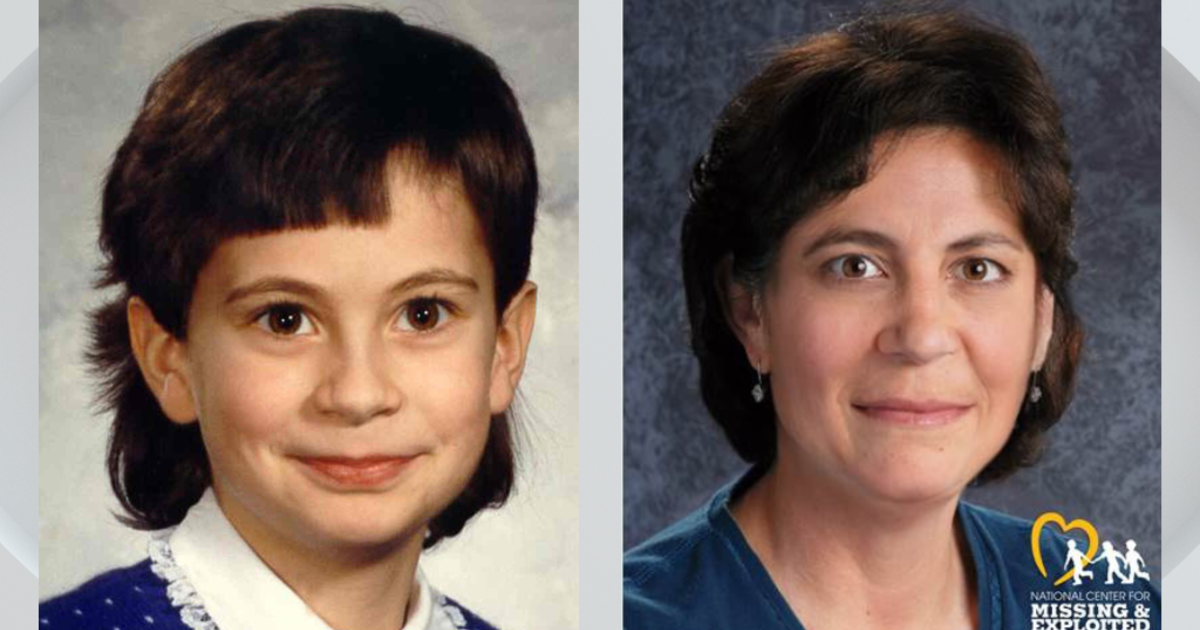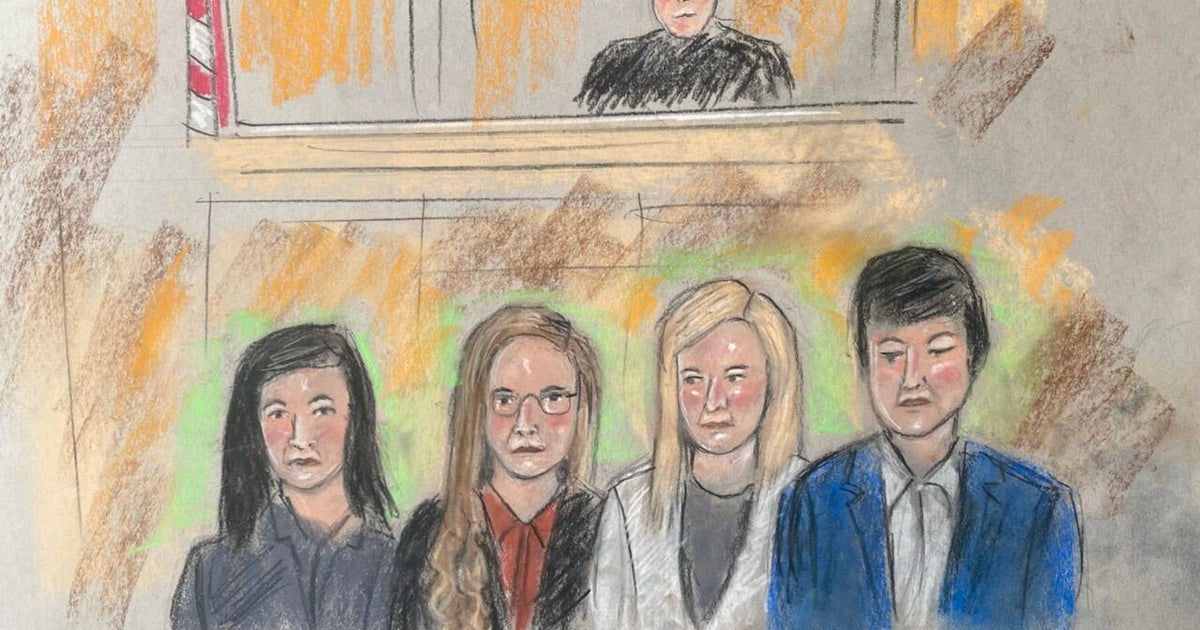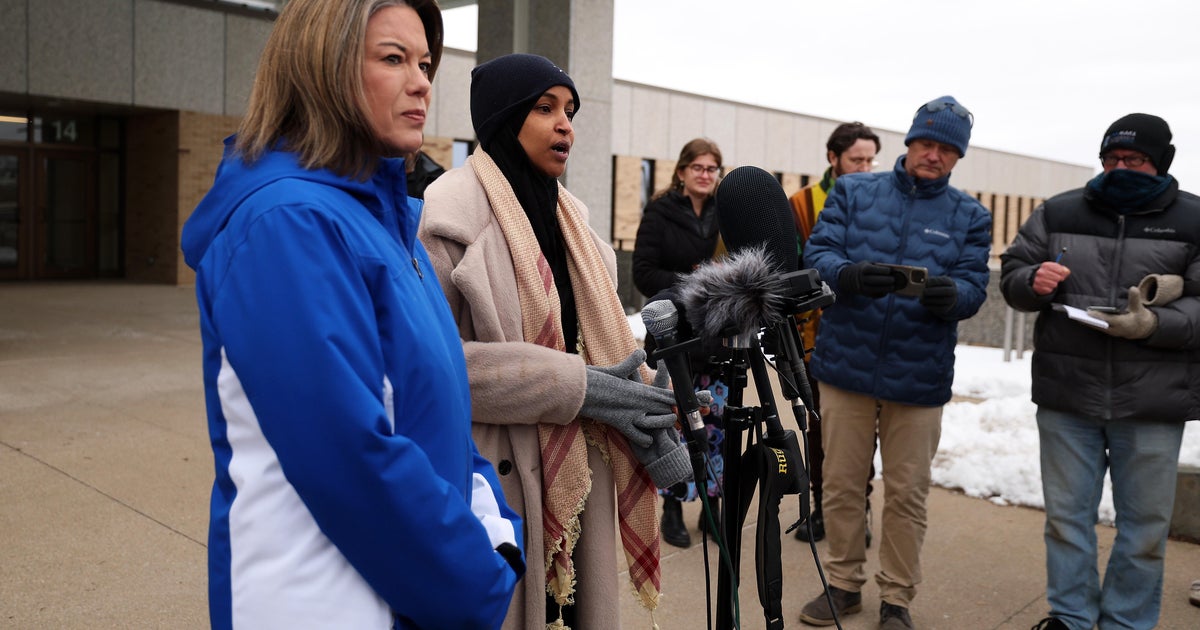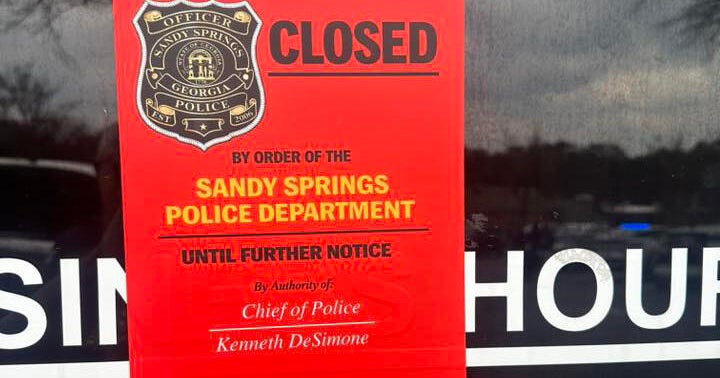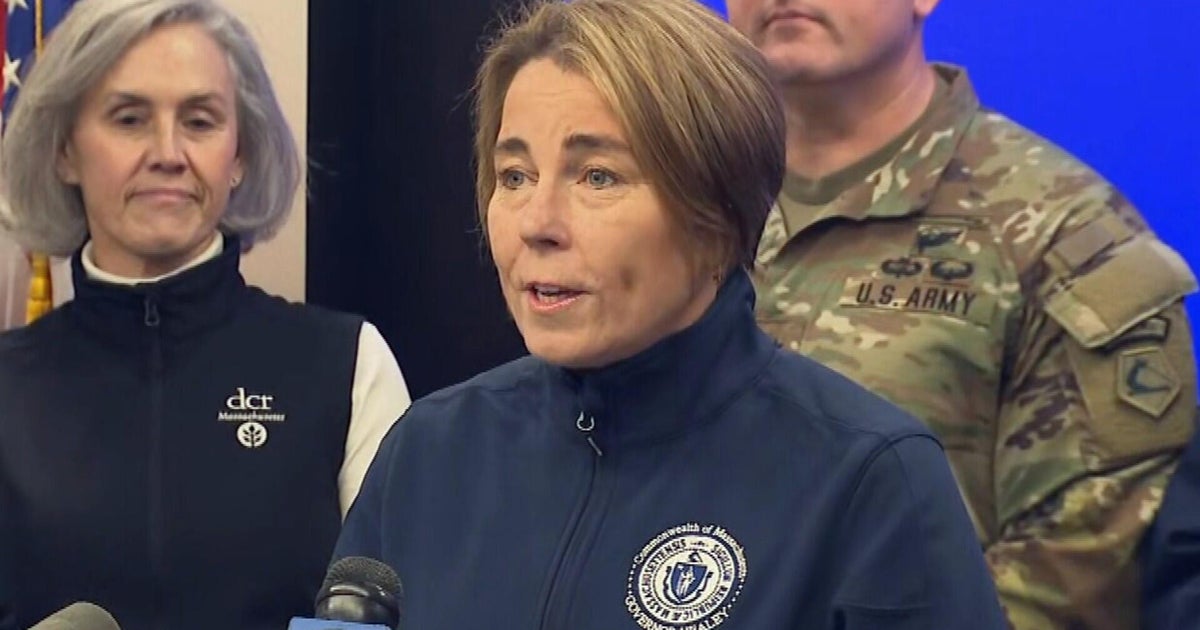Judge Rejects Effort To Halt Bear Hunt
Follow CBSMIAMI.COM: Facebook | Twitter
TALLAHASSEE (NSF) – A Leon County judge said Thursday science used by the Florida Fish and Wildlife Conservation Commission is sufficient to justify the state's first black-bear hunt in more than two decades, although he added the agency could have done a better job in establishing the rules.
"I believe the method they used is rational," Circuit Judge George Reynolds III said at the end of a four-hour hearing, as he denied a request from the Seminole County group Speak Up Wekiva to issue a temporary injunction against the hunt.
Speak Up Wekiva, which is also pursuing a broader lawsuit to block bear hunting, is expected to appeal Reynolds' decision. The Fish and Wildlife Conservation Commission has approved a bear-hunting season that is scheduled to begin Oct. 24 and last two to seven days.
Chuck O'Neal, director of Speak Up Wekiva, said after the hearing that he'll have to huddle with his legal team to determine the next steps.
"I would not exclude any option at this point. Seventy-five percent of Florida is counting on us to follow through with this effort," O'Neal said, referring to the percentage of public comments received by the commission opposed to the hunt. "We're not giving up. This is not a short effort. This was not our original plan to end at this point, because we feel this hunt is unconstitutional."
The broader lawsuit, which is still in the discovery phase and may take a year to be heard in court, contends the rules for the hunt go against a 1998 voter-approved constitutional amendment that created the Fish and Wildlife Conservation Commission as an independent body "to conduct management, preservation and conservation decision-making based upon sound science." The complaint also claims the bear hunt is not based upon sound science, won't reduce growing conflicts between bears and humans, and that by allowing an unlimited number of permits will result in more bears being killed than projected by the state.
Commission officials testified that the hunt will be safe, with hunters complying by the rules. And while attention has focused on a number of recent attacks by bears on humans in suburban areas of Florida, the "goal is to manage the bear population at a level compatible with humans in Florida," testified Thomas Eason, director of the commission's Division of Habitat and Species Conservation.
Ryan Osborne, assistant general counsel for the commission, said the hunt may even be halted after the first day if quotas are reached. That could come through an executive order by commission Executive Director Nick Wiley, with approval from the commission.
"If it's determined after day one of the hunt that a (region's) objective has been exceeded ... we have the authority for an executive order to be issued to shut that down," Osborne said, a statement that appeared to be news to Reynolds and members of Speak Up Wekiva.
"I'm assuming by your statement that the executive director, the commission staff and everyone will be available to make that decision on a timely basis," Reynolds said.
The agency's goal is to reduce the bear population in Florida by 320, about 10 percent of the estimated number of bears in the state. As of Thursday, 2,360 bear-hunting permits had been purchased. Among the permit holders are state Rep. Frank Artiles, R-Miami, and rock star Ted Nugent.
The commission has approved hunting in four regions of the state, with quotas set for each region.
According to the latest figures, there are an estimated 1,300 bears in the Central region, which includes the St. Johns River watershed to the Ocala National Forest, and 550 bears in the North region, which goes from Jacksonville west to Hamilton and Suwannee counties. In each region, the harvest target is 100 bears.
The bear quota is 40 in an eastern Panhandle region, which includes the northwestern Big Bend area to west of Apalachicola Bay. In a South region, which includes Broward, Collier, Hendry, Lee, Miami-Dade, Monroe, and Palm Beach counties, the quota number is 80. The South region excludes the Big Cypress National Preserve.
Eason and Diane Eggeman, director of the commission's Division of Hunting and Game Management, testified that the quotas numbers are "conservative." Both said the rules for the hunt, including permitting, are based on experience in other states that have similar hunt rules --- such as prohibiting unleashed dogs --- and have shown a "relatively low" success rate for hunters.
Speak Up Wekiva asked Reynolds to halt the hunt, in part, because it believes the quotas in each region will quickly be exceeded due to the number of permits. Permits can be purchased up until the day before the hunt.
Speak Up Wekiva attorney Ralf Brooks and Stephen Stringham, a nationally known bear expert from Alaska, argued that the state will not be able to enforce its rules for the hunt. The rules include limiting kills to bears weighing more than 100 pounds, prohibiting the use of unleashed dogs to help track and trap bears and capping the number of bears to one per permit holder.
Brooks added that bears, which were listed as a threatened species by the state as recently as 2012 and have become used to not being hunted, will be "low hanging fruit" for hunters.
The News Service of Florida's Jim Turner contributed to this report.
